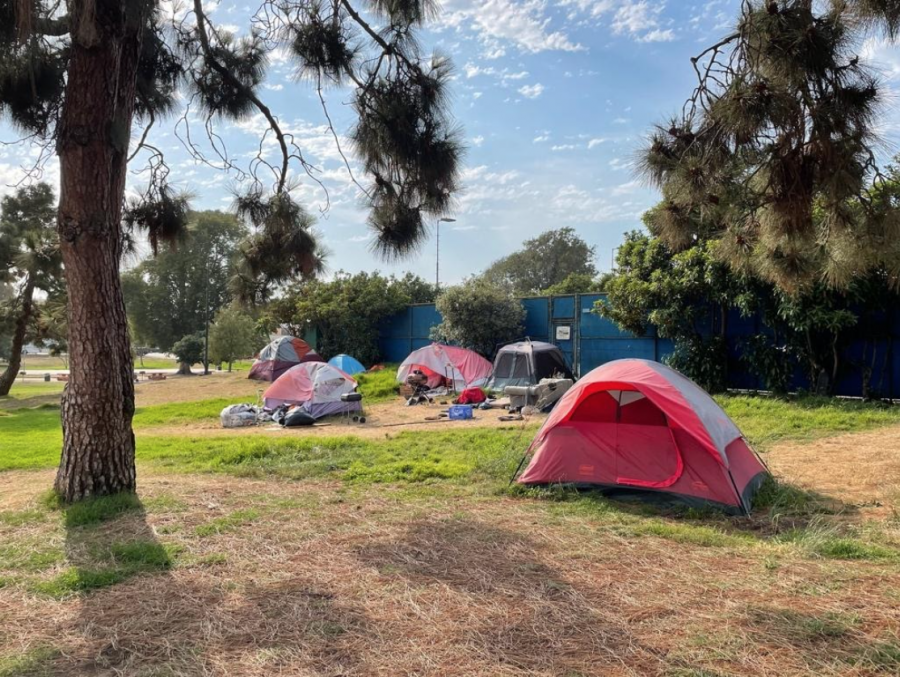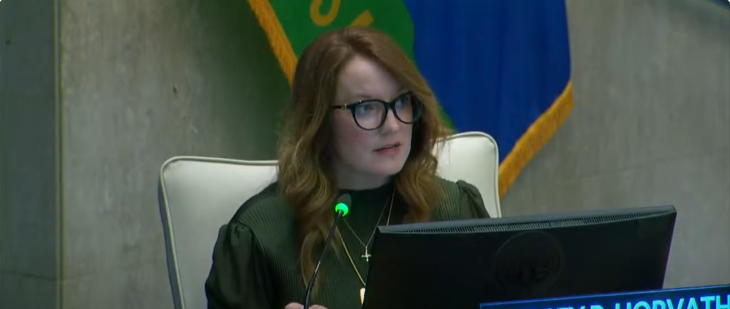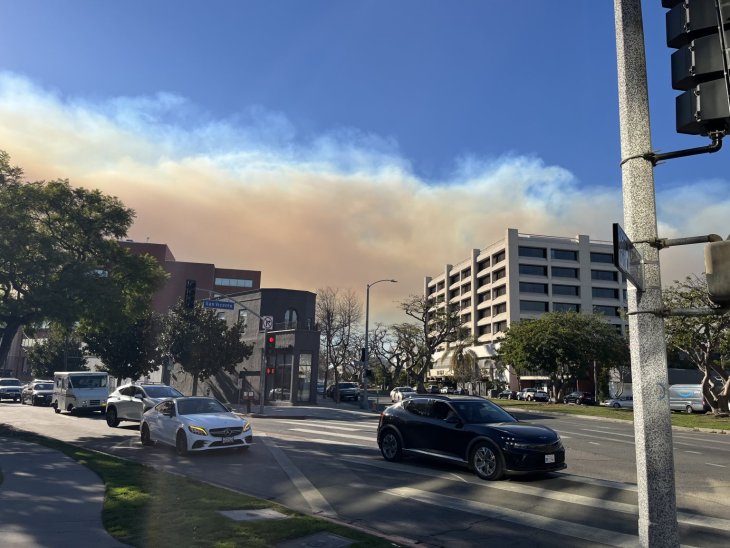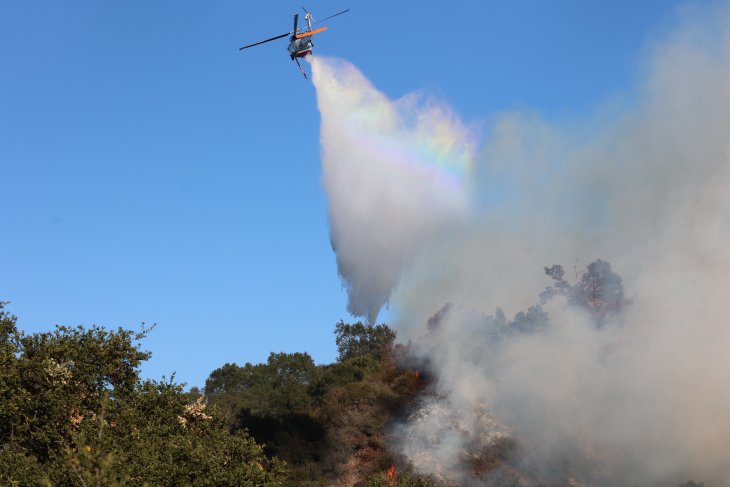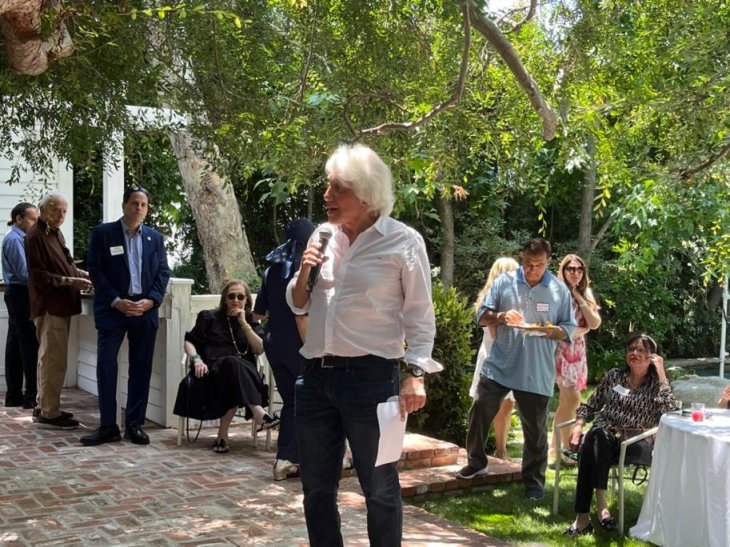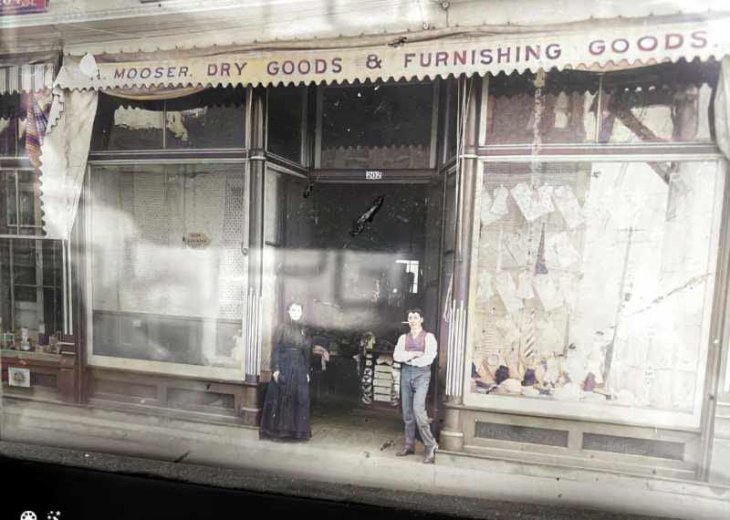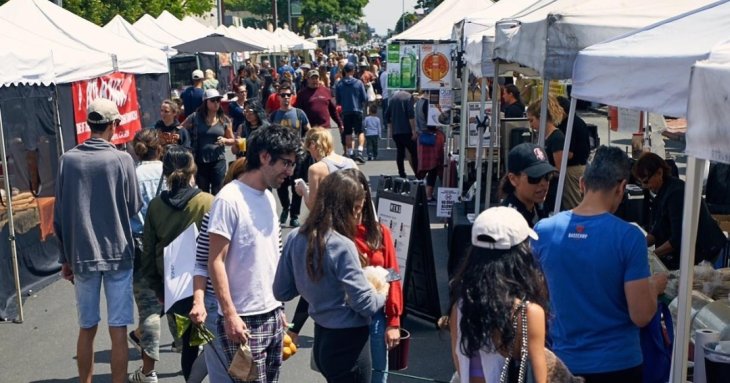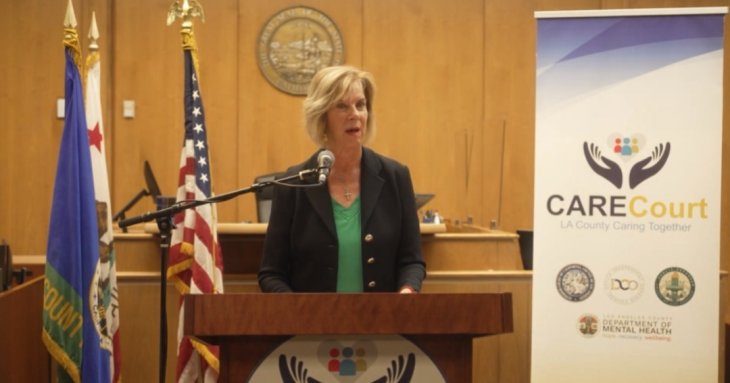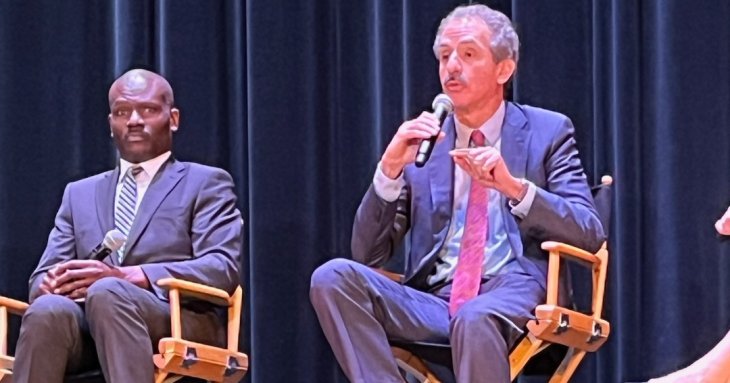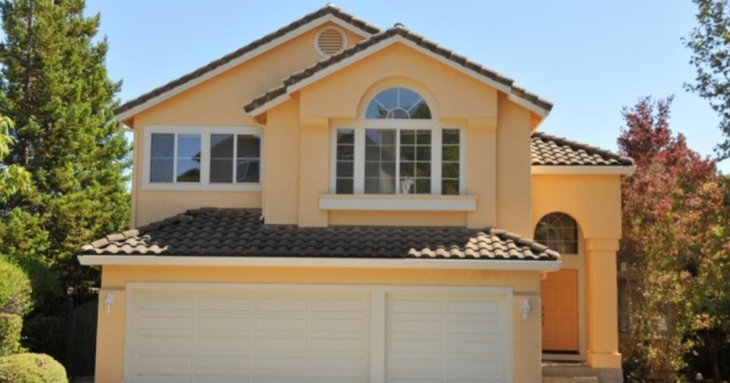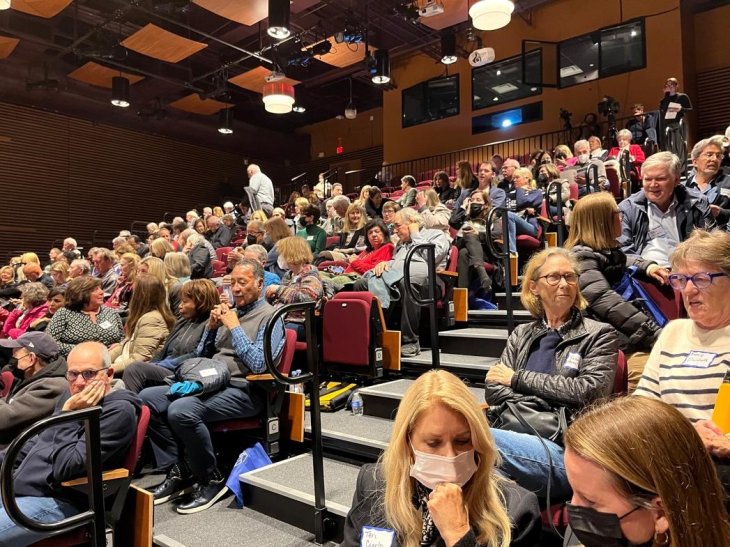
In recent issues, I’ve been writing about homelessness – the number one issue on everyone’s minds these days.
The “22-Point Plan” I put forward back in early May was clearly only a conversation starter. Since that article ran, many of you have submitted great ideas intended to tackle this vexing issue.
One writer suggested a giant farm up in Palmdale where homeless individuals could work the land, plant the crops, pick the fruit and vegetables, feed themselves – and then sell whatever’s left over to the rest of us.
Another suggested Amazon and similar companies with warehousing and distribution facilities train and hire the homeless to work in these centers. A landlord with a project that costs the city nothing says her program (see Haaven.org) could be expanded across the city.
Yet another reader said he helped build a refugee camp for 50,000 Syrians in Jordan. Many agree, something along these lines will be needed if we are to keep from getting overwhelmed by the sheer numbers involved.
Quite a few from across the Westside want to be helpful in any way they can. We are forming a working group to bash out, in 60 days, a fairly definitive plan intended to solve homelessness in LA.
We have builders, lawyers, mental health professionals, journalists, financial gurus, a police officer, an ad agency executive, an architect and quite a few others, including everyday citizens, weighing in.
It is currently estimated the $1.2 billion in HHH money will build a total of 5,700 housing units – and those will take years to complete. Meanwhile, we have 66,000 homeless individuals in the region and people are dying on the streets daily.
Questions – lots of questions – have been raised by several.
Won’t allowing encampments at the beach and in our parks draw in homeless individuals from all across the U.S.? Is there anything we can do to prevent this from happening? What about the truly mentally ill who really should be institutionalized? Is it even legal to check them in, involuntarily (quick answer: no).
There are lots of moving pieces to this puzzle, and different Westside communities (Palisades, Brentwood, Venice, Westchester, Mar Vista, etc.) approach the issue differently – and hyper-locally, as one would expect.
The people in Brentwood are mostly concerned with the encampments along the VA at San Vicente; the people in Westchester want to save their park where more and more tents are showing up; the folks in the Palisades are worried about the possibility of encampments at Will Rogers State Beach; those who live in Venice feel like they are fighting for their lives.
You really have to see it with your own eyes to understand how bad things are there. Some fear what has happened in Venice will happen everywhere and that people of means – taxpayers – will start leaving Los Angeles in big numbers.
Our working group is trying to bring more coordination to all this, with actual, practical, common-sense solutions our goal. Stay tuned.
While the homelessness situation is tragic – and a man-made tragedy at that –the energy to do something is high. I’ve never seen anything quite like this on the Westside in all the years I’ve been part of the local publishing scene (I started the Brentwood News in 1991).
I want to bring to your attention a new group, Rise Together LA (https://risetogether.la/). If you haven’t heard about Rise Together LA yet, you will. RiseTogether.la is creating a groundswell movement to get people to believe that change is actually possible. Many in LA have given up hope. Very few vote, historically, in our municipal elections. Many don’t think their vote can really make a difference.
Craig Griewe, the founder of RiseTogether.la, is a very charismatic leader who is making the rounds, community-by-community, to let everyone know that hope – and help – are on the way. I met Craig Greiwe the other night at a fundraiser for Rise Together LA; he’s a human dynamo (and a walking encyclopedia, filled with facts and figures to make the case that it’s time for huge change).
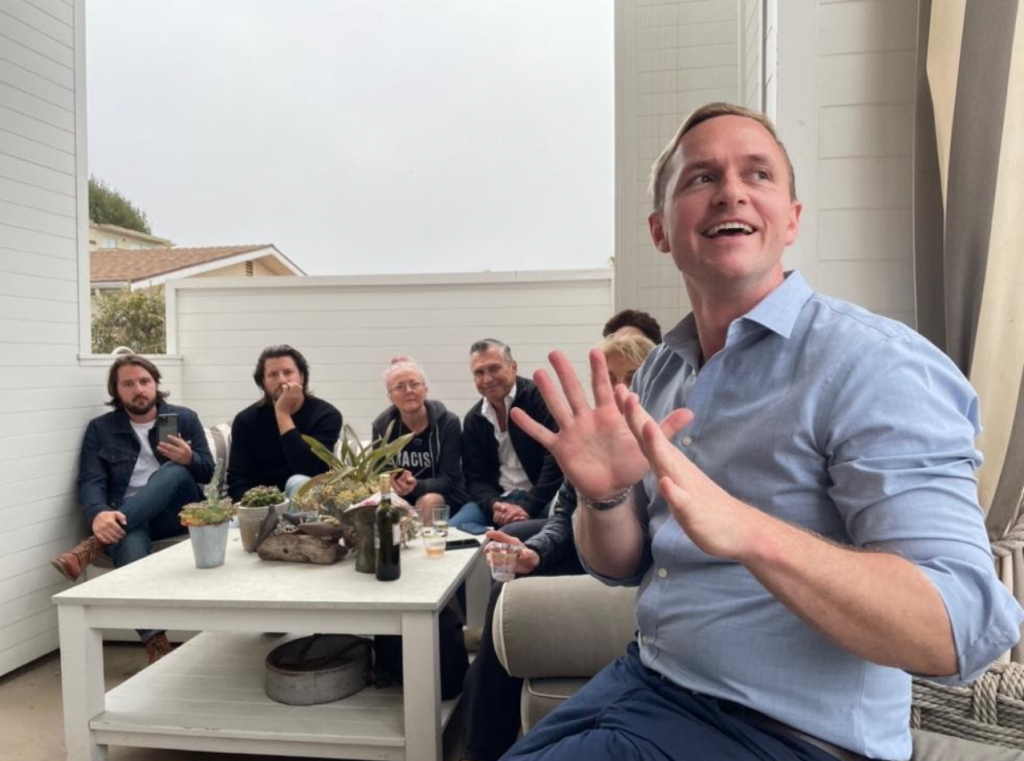
Greiwe, a strategist with Rogers & Cowan PMK, a marketing firm that specializes in entertainment and culture, is raising money to help educate voters as to how bad things really are – and that we can approach the issue of homelessness and other issues very differently if we, the voters, so choose.
Greiwe is hoping to see a new mayor and eight new city councilmembers get elected in 2022. He thinks the time is right for massive change. He noted that most city councilman have been on the public payroll for years, but things keep getting worse, not better.
“The city is ours, not theirs,” he said. “It doesn’t have to be this way.”
Several are suggesting Craig Greiwe run for mayor in 2022; I hope he does it.
While the excitement is high to do something about homelessness and other seemingly intractable issues, how we talk about these things can be touchy. One writer said I should no longer say “homeless,” I should say “unhoused,” instead.
In my 22-point plan, I talked about camps – and villages – for the homeless. A few said I should call these new communities for the homeless villages, not camps. Camps bring back bad memories of WWII.
One writer said he didn’t like my ideas because they sounded like internment camps; another warned people would call me a Nazi if I wasn’t careful. I got the two individuals confused and I apologized to the one who said “internment camps” (but without attaching the word “Nazi,” as I had originally thought).
One writer said my suggestion we build shelters out of bamboo (in addition to other options) sounded possibly racist, as that implied we were sending people to live in native villages.
I had actually done some research on this topic; bamboo is a fast-growing, inexpensive and strong building material (that fares better in earthquakes than wood). Bamboo is a member of the grass family and grows well here. Google “bamboo as building material” if you want to know more.
Three or four of you said plans for building tiny home villages should be scrapped because they will make life too comfortable for the homeless. This school of thought seems to think we should simply lock up individuals who sleep on the sidewalks – and immediately send anyone home who arrives from out of state.
I think tiny homes and tent villages are a cost-effective approach. If you simply arrest people, putting them in jail is maybe the most expensive housing option of all (I’m actually not sure about this; the 400-square-foot housing units we are now building for $650K-$1 million per unit might cost more). Everyone who wrote agrees units that cost over $500K represent a huge waste of taxpayer dollars.
One developer I talked to said the “pay to play” system I mentioned in an earlier article was “total B.S.”; this developer has made campaign contributions to politicians over the years but doesn’t think $800 is enough to swing a project in his direction.
His contributions are intended to simply be helpful to those we depend on to provide public leadership, he said. He finds our political system unresponsive, too, he said. I think he felt he wasn’t getting his money’s worth!
I pointed out that collectively, campaign contributions from developers, architects, construction unions, lawyers and others in the business of providing permanent housing surely add up. Many think so many are on the take that this contributes to the exorbitant cost of building permanent housing.
This developer said the real reason these projects are so expensive is because of all the red tape, regulations and special requirements the city and county impose.
One writer, Philip Portnoy, said we should all read Judge Carter’s decision, which gives a history lesson in how racism has contributed to homelessness. I invited Philip to write a guest editorial on this topic included in this paper (and on our website, BrentwoodNewsLA.com).
The Judge Carter decision is indeed interesting, but I suggest you read the original lawsuit filed by The LA Alliance for Human Rights, first. Both documents are very long but informative.
Dealing with the homelessness situation effectively (actually getting 66,000 off the streets and into some kind of shelter) – whatever the root causes – is going to require tough and distasteful action.
“Business as usual” will lead to ruin for the city we love. I don’t think the citizens will stand much longer for more of the same. A prairie fire has been started and it’s spreading fast.
Anyway, if you want to be part of the solution, send me an email. There’s plenty to do: jeffhall@mirrormediagroupla.com.

